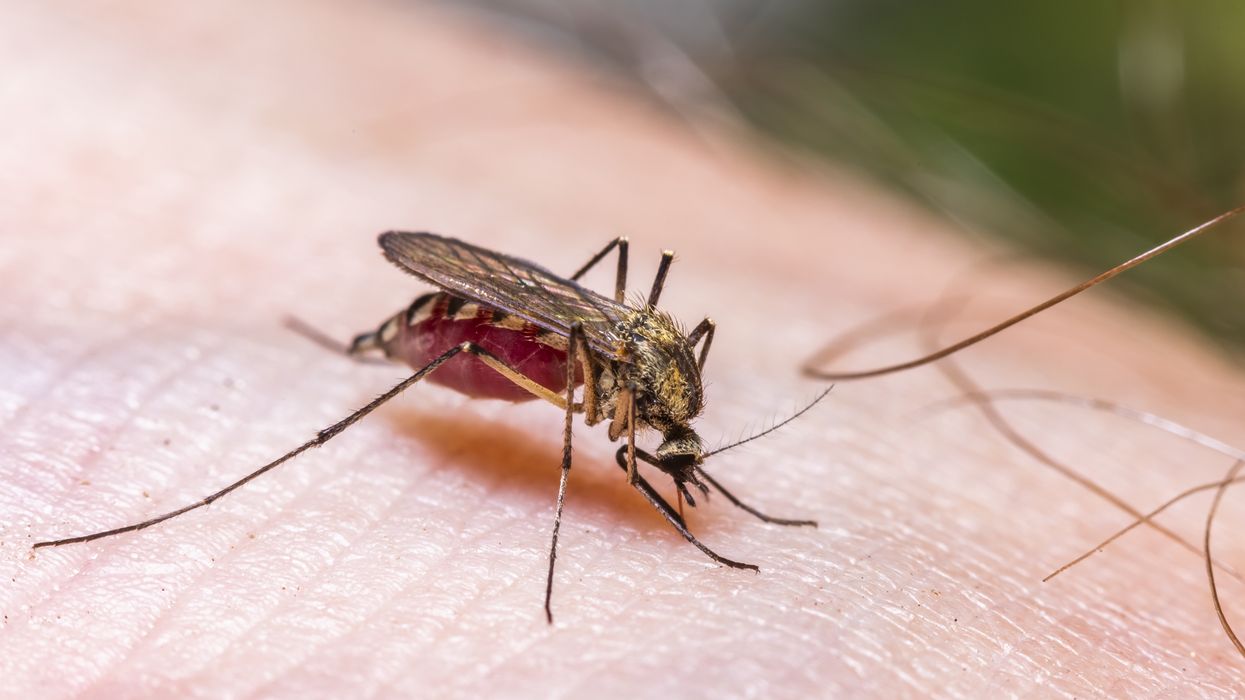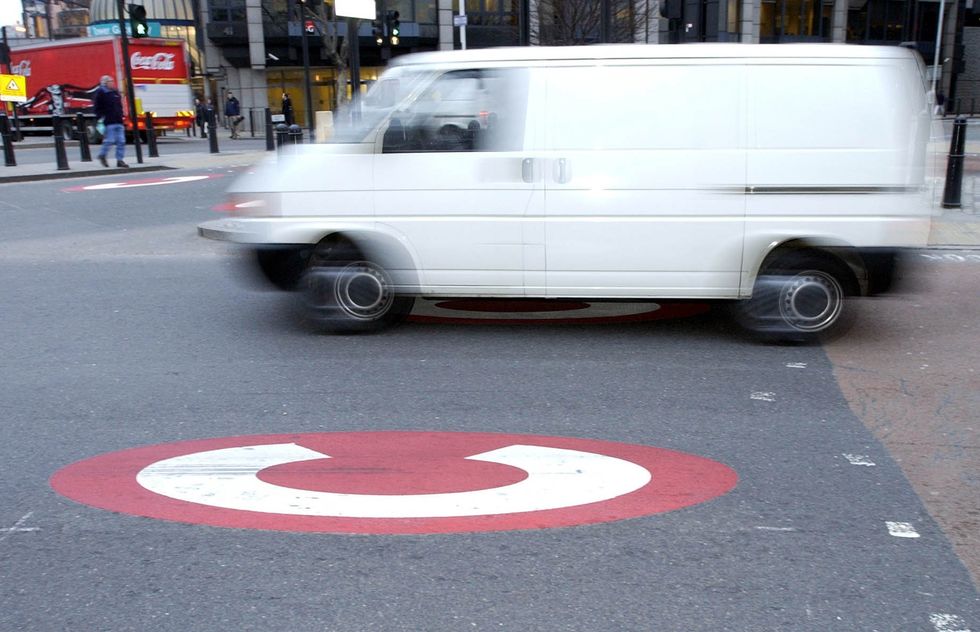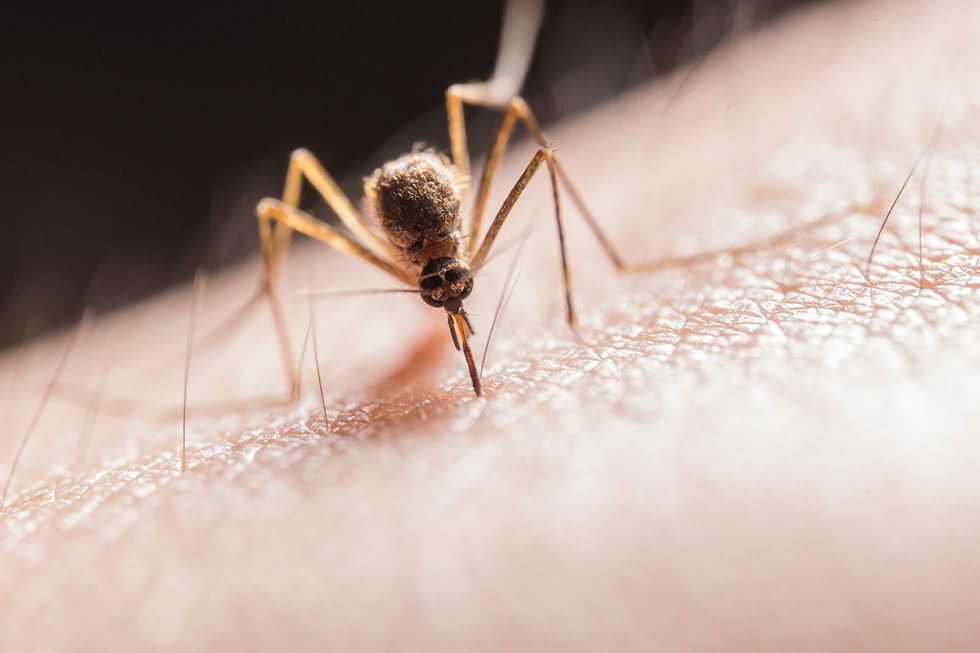UK installs mosquito traps across south amid dengue fever fears

UK installs mosquito traps across south amid dengue fever fears
|Getty

Cases have been recorded across Europe, most recently in Cyprus
Don't Miss
Most Read
The Government is increasing its mosquito surveillance in an attempt to thwart the growing number of dengue fever diagnoses.
The Aedes Albopictus species, the mosquito which carries the infection, has been gradually moving northwards.
Cases have been recorded in France, Italy, and most recently Cyprus, as well as other European countries.
The UK Health Security Agency (UKSHA) has ramped up its measures, installing more traps at travel hubs throughout south England.

New traps will monitor any possible mosquitoes transported via lorry and shipping containers into the country
| PAThe traps will monitor any possible mosquitoes transported via lorry and shipping containers into the country.
The project, which is due to be delivered by spring 2024, is also facilitating the training of officials to better spot the Aedes Albopictus species and understand more about what conditions it thrives in.
“We’re expanding as the threat increases. In the last two years, there have been an increasing number of cases of dengue in Europe,” Dr Jolyon Medlock, Head of Medical Entomology at UKHSA, told the Telegraph.
“It’s all about ensuring that we’re using the right traps in the right place.”
LATEST DEVELOPMENTS:

Mosquitos can spread Dengue fever
| PEXELSHe added: “One of the advantages of working across government, both at a national and local level, is that you’ve got all these networks of communication and links.
“Setting up the networks is the initial challenge, but we are now enhancing those. The more people we’ve got involved in the project across the country, the better.”
Dengue fever typically affects tropical regions, however the disease is currently surging in parts of southern Europe, in areas where it had not been recorded previously.
The World Health Organization (WHO) estimates that 3.9 billion people are at risk of infection from the virus globally.
Dengue is transmitted to humans through the bite of an infected mosquito.

The most recent European case has been recorded in Cyrpus
|Flickr
Upon infection, 50 to 80 per cent of those affected will be asymptomatic.
However, for those who show symptoms, it could present itself with headache, high fever, body aches, nausea, or a rash, which is known as dengue fever.
In more serious cases, the infection can be fatal, as the fever develops into a dengue hemorrhagic fever.
Infections have yet to be recorded in the UK, however experts believe this will not be the case for long.
“Within four or five years, all [of] France will live with the mosquito,” Didier Fontenille, of the Institute of Research for Development in Montpellier, told the Telegraph a year ago.
“It’s only a matter of time before it colonises the UK. Ten years at most.”










